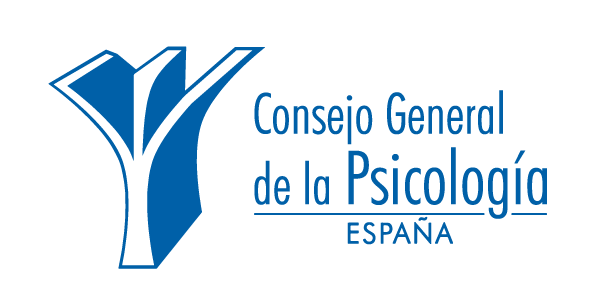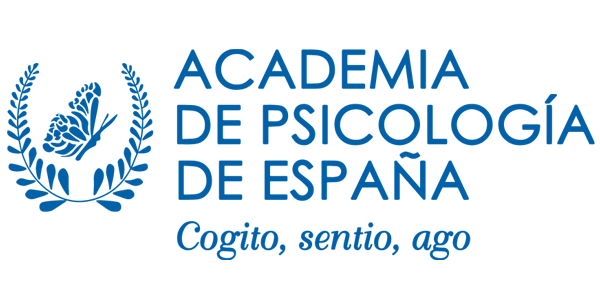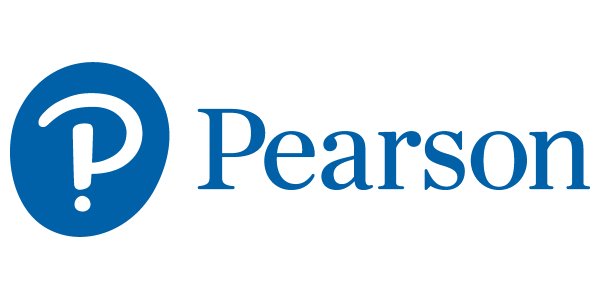Evidence on the effectiveness of emotional education programs in the educational context
Emotional education can be defined as: “The educational process planned and developed through programs, with a non-specific primary prevention character aimed at developing both emotional intelligence (EI) and socioemotional competencies (SES) in the short, medium and long term, and to enhance the integral development of the person, with the ultimate goal of increasing personal and social well-being” (Pérez-González, 2008, p. 527). (Pérez-González, 2008, p. 527).
In this line, we highlight that research in the last two decades has shown that both EI and SES constitute an advantageous personal tool to achieve higher levels of personal, family, social, academic, vocational, and professional adaptation (Bisquerra et al., 2015). Likewise, some important empirical evidence is currently being obtained about the possibility of improving EI levels through well-structured and theoretically grounded social-emotional education programs. In this sense, some meta-analyses and some systematic reviews conclude that there is sufficient, but still limited, evidence that EI can be improved through education in adults (e.g., Hodzic et al., 2017; Mattingly and Kraiger, 2019; Pérez-González and Qualter, 2018). Regarding children and adolescents the results point to improvements in psychosocial adjustment and well-being (e.g., Brackett et al., 2012; Cejudo, 2017; Rivers et al., 2013; Ruiz-Aranda et al., 2012), positive effects on classroom climate (Hagelskamp, Brackett, Rivers, & Salovey, 2013) increased EI and happiness, as well as decreased psychosomatic symptoms and emotional instability (Sarrionandia & Garaigordobil, 2017).
In this sense, the main objective of this symposium is to describe some of the most innovative programs on emotional education and discuss the effects found in children and adolescents in Spain.
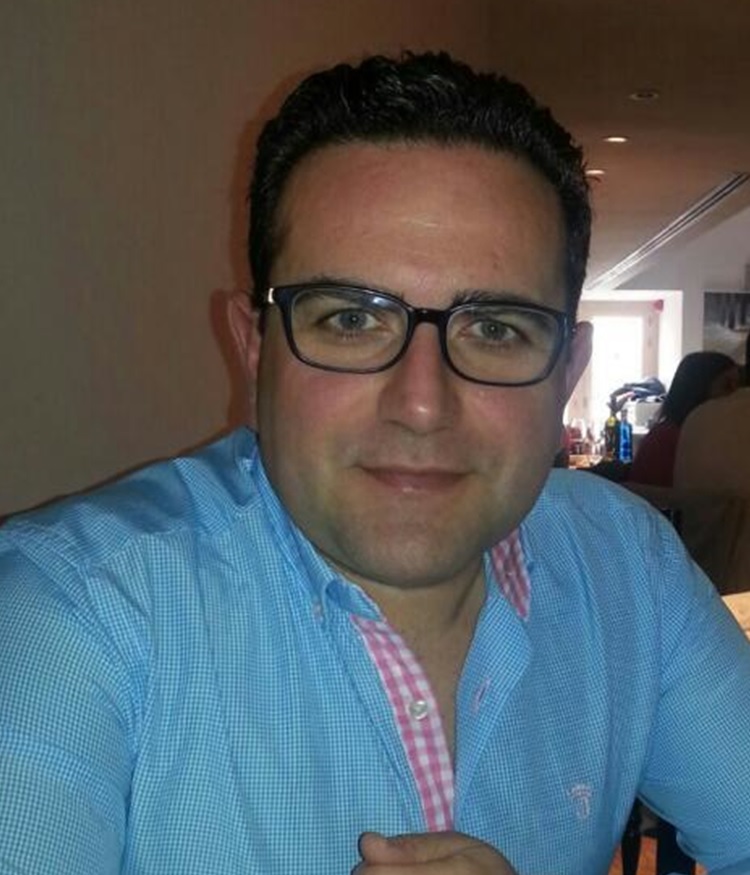
Javier Cejudo
University of Castilla-La Mancha, Spain
Dr. Javier Cejudo is Professor in the Area of Developmental and Educational Psychology and Vice-Dean of Practices, Studies, and Research at the Faculty of Education of Ciudad Real (UCLM). He teaches in the Degree in Primary Education, in the Master’s Degree in Applied Psychology Research, and in the Master’s Degree in Secondary Education, Vocational Training, and Language Teaching. In addition, he is a collaborating professor in the Master’s Degree in Emotional Intelligence of the UNED. As for his academic background, he has a degree in Psychology from the Complutense University of Madrid and a degree in Psychopedagogy, a Master in Innovation and Research in Education, and a Ph.D. in Education with an extraordinary doctoral award from the UNED.
Founding member of Eduemo Lab (Emotional Education Laboratory of the UNED) as an academic framework of collaboration between researchers of the UNED and the UCLM. He has been a member of the following scientific societies: Scientific Association of Psychology and Education (ACIPE), Iberoamerican Association for Research on Individual Differences (AIIDI), Spanish Society of Pedagogy (SEP), and the Professional Association of Counselors of Castilla La Mancha (APOCLAM).
Her main line of research is related to the promotion of emotional intelligence education and socioemotional competences in the educational environment in the stages of Early Childhood Education, Primary Education, and Secondary Education, as well as the evaluation of the effects of these programs on children and adolescents. Other current lines of research focus on teacher training and capacity building in emotional education.
Organiza

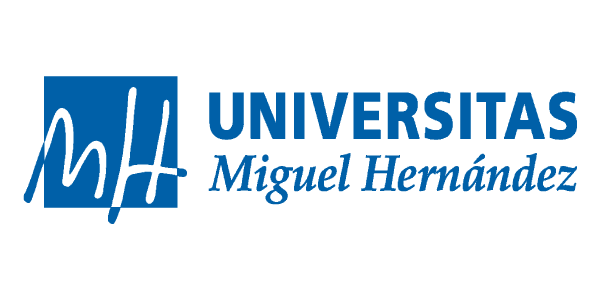
Patrocina
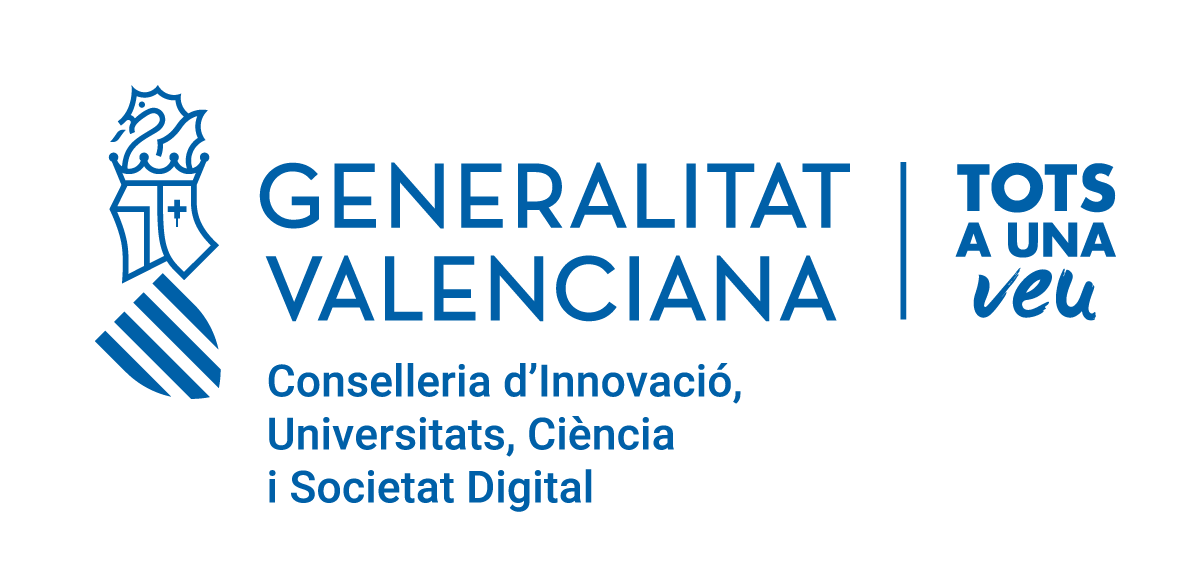
Con el apoyo de
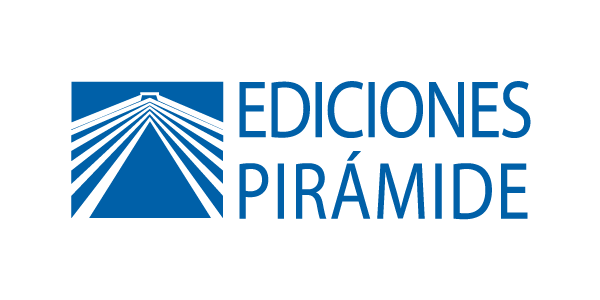

![8CIPCNA-adaptaciones-[Recuperado]](https://www.aitanacongress.com/2022/wp-content/uploads/8CIPCNA-adaptaciones-Recuperado.png)
